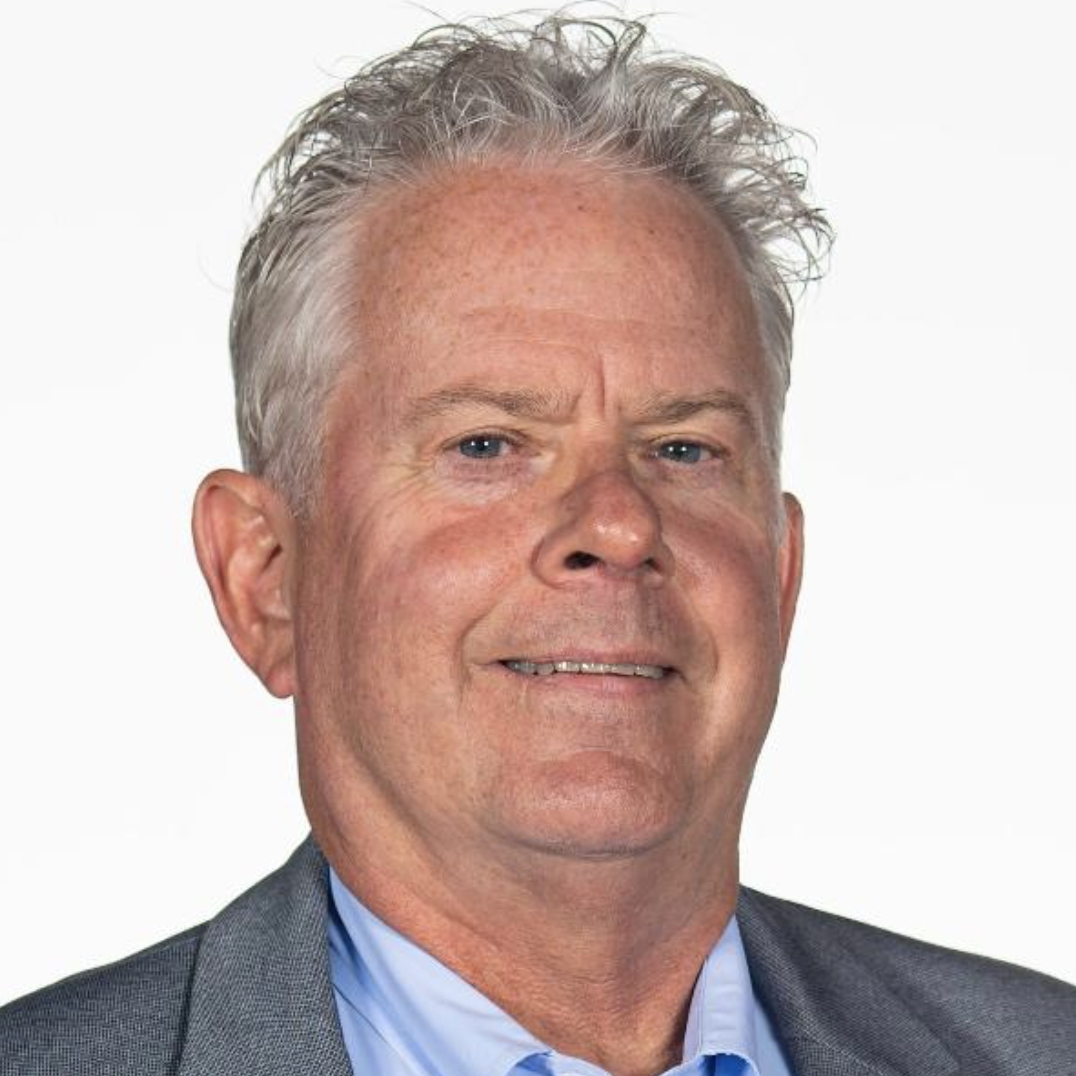Vortragender: Jeffrey Anderson, Professor an der Georgetown University (Director at BMW Center for German and European Studies)
Die russische Invasion in der Ukraine und ihre geopolitischen Folgen. Ein aktueller Blick auf die zu erwartenden fundamentalen Änderungen in der NATO, den transatlantischen Beziehungen und der Europäischen Union. (Jeff’s full biography below.)
Nach dem Vortrag und Q&A gibt es ein ukrainisches Buffet und die Bitte sich am Fundraising fuer die Ukraine zu beteiligen! Das D Light Cafe wird von zwei ukrainischen Schwestern betrieben.
Parking : Colonial Parking 18St NW & Belmont;
Anmeldung Geschlossen
Jeffrey Anderson
Professor in the BMW Center for German and European Studies, Edmund A. Walsh School of Foreign Service and Professor of Government, Georgetown University.
Professor Anderson received his BA from Pomona College in 1981, and a PhD in Political Science from Yale University in 1988. He has taught previously at Emory University and Brown University. Anderson came to Georgetown in 2002, served for the next 16 years as Graf Goltz Professor and Director of the BMW Center. He works at the intersection of comparative political economy and European integration, and is the recipient of the 2000 DAAD Prize for Distinguished Scholarship in German Studies. His publications include German Unification and the Union of Europe (Cambridge University Press, 1999) and The Territorial Imperative (Cambridge University Press, 1992), an edited volume entitled Regional Integration and Democracy (Rowman and Littlefield, 1999), and two co-edited volumes: (with G. John Ikenberry and Thomas Risse) The End of the West? (Cornell University Press, 2008); and (with Eric Langenbacher) From Bonn to the Berlin Republic (Berghahn, 2010). In July 2016, he was awarded the Officer's Cross of the Order of Merit of the Federal Republic of Germany in recognition of his outstanding contributions to German-American and transatlantic exchange in academe and education. His current research focuses on addressing the negative externalities of “populism and place”, with special emphasis on coordinated efforts by national, regional, and local actors to restructure the industrial heartlands in the US and Europe.

